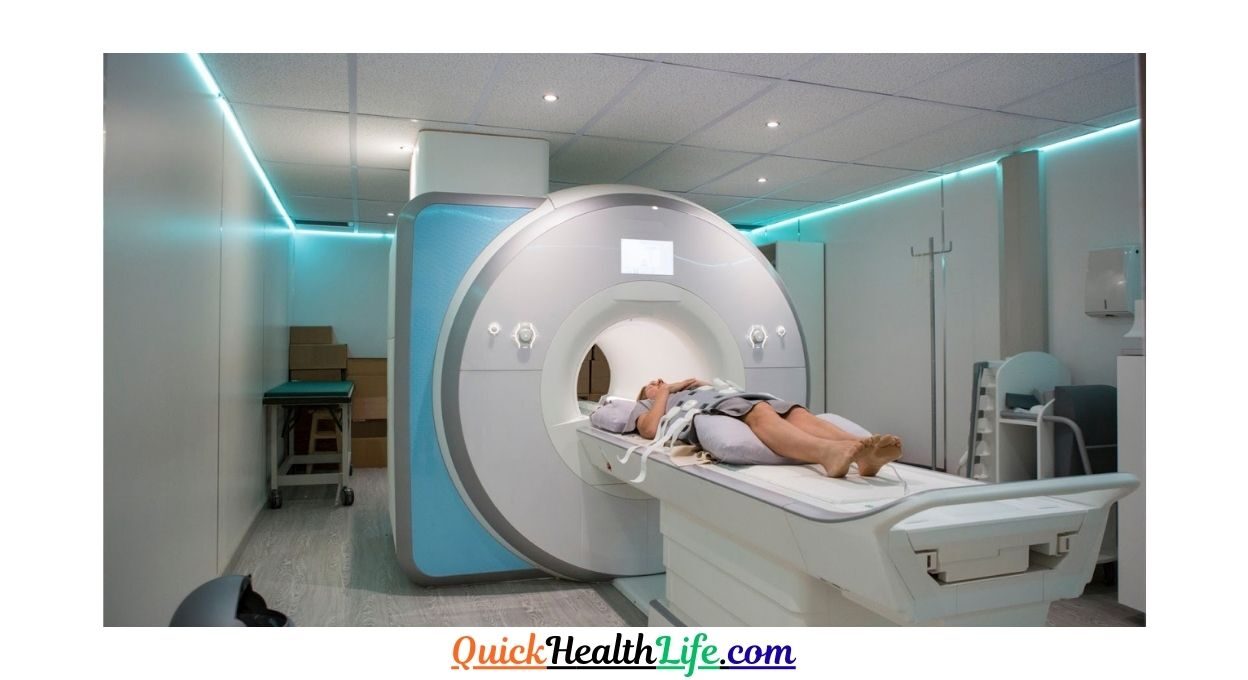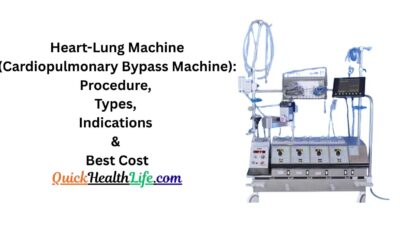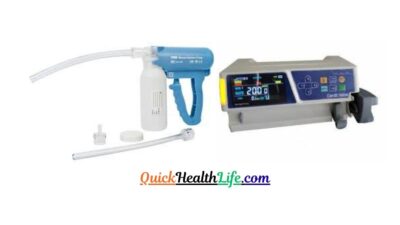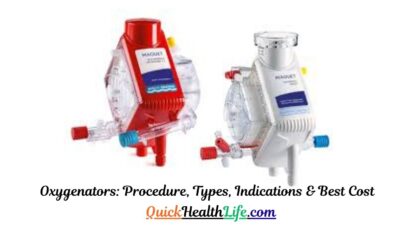What is a Cardiac MRI Scanner?
A Cardiac MRI scanner is a special medical machine that uses powerful magnets and radio waves to create detailed pictures of your heart. Think of it as a super-advanced camera that can see inside your chest without making any cuts or causing pain.
Unlike regular X-rays that show bones, or CT scans that use radiation, cardiac MRI gives doctors crystal-clear images of your heart muscle, blood vessels, and how blood flows through your heart chambers.
Table of Contents
Why Do Doctors Recommend Cardiac MRI?
From my research and interactions with medical experts, I’ve learned that doctors suggest cardiac MRI for several important reasons:
Heart Disease Detection
- Finding blocked arteries
- Checking heart muscle damage after heart attacks
- Spotting heart valve problems
- Looking for heart infections
Heart Structure Problems
- Checking if heart chambers are the right size
- Finding birth defects in the heart
- Spotting tumors or growths
- Measuring heart wall thickness
Blood Flow Issues
- Seeing how well blood moves through heart vessels
- Finding areas where blood flow is poor
- Checking bypass surgery results
Cardiac MRI vs CT Scan: Which is Better?
This is a question I get asked a lot in my health blog comments. Let me break it down:
Advantages:
- No radiation – completely safe
- Better soft tissue images – shows heart muscle clearly
- Multiple angles – doctors can see your heart from all sides
- Real-time motion – can watch your heart beating
- No allergic reactions – contrast dye is very safe
CT Scan Advantages:
- Faster procedure – takes only 5-10 minutes
- Better for calcium deposits – shows hardened arteries well
- Less claustrophobic – machine is more open
- Cheaper cost – usually costs less than MRI
My Expert Opinion: For detailed heart muscle evaluation, cardiac MRI wins. For quick artery checks, CT might be better.
How Long Does a Cardiac MRI Take?
Based on my research with top cardiologists, here’s the realistic timeline:
Preparation Time: 15-30 minutes
- Changing into hospital gown
- Removing metal objects
- IV line insertion (if contrast needed)
- Safety questionnaire
Scanning Time: 30-60 minutes
- Simple scans: 30-40 minutes
- Complex cases: 45-60 minutes
- With contrast: Extra 15-20 minutes
Total Time: 60-90 minutes
Most patients should plan for about 1.5 hours at the hospital.
Complete Cardiac MRI Procedure Step-by-Step
Let me walk you through exactly what happens during a cardiac MRI:
Before the Scan (Pre-procedure)
- Medical History Review – Doctor checks your health records
- Allergy Check – Especially for contrast dye allergies
- Metal Detection – Remove all jewelry, watches, phones
- Clothing Change – Hospital gown without metal zippers
- IV Line – Small needle in your arm (if contrast needed)
During the Scan
- Positioning – You lie flat on a sliding table
- Coil Placement – Special receiver coils placed on your chest
- Table Movement – Slide into the MRI tunnel
- Breathing Instructions – Hold breath for 10-20 seconds at times
- Contrast Injection – Dye injected through IV (if needed)
- Multiple Sequences – Different types of images taken
After the Scan
- Observation – 15-30 minutes monitoring
- Normal Activities – Can resume regular activities
- Results – Report ready in 1-2 days
Types of Cardiac MRI Scans
Through my health sector experience, I’ve learned about different MRI types:
1. Cine MRI
- Shows heart movement in real-time
- Best for checking heart pumping function
- Takes about 20-30 minutes
2. Perfusion MRI
- Shows blood flow to heart muscle
- Uses contrast dye
- Good for finding blocked arteries
3. Late Gadolinium Enhancement (LGE)
- Finds scar tissue in heart muscle
- Uses special contrast dye
- Best for heart attack damage assessment
4. MR Angiography
- Shows blood vessels clearly
- Can replace heart catheterization
- Takes 30-45 minutes
5. Stress Cardiac MRI
- Heart imaged during stress
- Uses medicine to simulate exercise
- Takes 60-90 minutes
Cardiac MRI Cost in India
After researching costs across major Indian cities, here’s what you can expect:
Metro Cities (Delhi, Mumbai, Bangalore)
- Government Hospitals: ₹8,000 – ₹15,000
- Private Hospitals: ₹18,000 – ₹35,000
- Premium Centers: ₹30,000 – ₹50,000
Tier-2 Cities (Pune, Ahmedabad, Hyderabad)
- Government Hospitals: ₹6,000 – ₹12,000
- Private Hospitals: ₹15,000 – ₹28,000
- Premium Centers: ₹25,000 – ₹40,000
Smaller Cities
- Government Hospitals: ₹5,000 – ₹10,000
- Private Hospitals: ₹12,000 – ₹25,000
Additional Costs to Consider:
- Contrast dye: ₹2,000 – ₹5,000 extra
- Anesthesia (if needed): ₹3,000 – ₹8,000
- Doctor consultation: ₹500 – ₹2,000
- Follow-up visits: ₹300 – ₹1,500
Best Hospitals for Cardiac MRI in India
From my 3 years of health sector research, here are top recommendations:
Delhi/NCR
- AIIMS Delhi – Government, excellent quality
- Fortis Escorts – Private, latest technology
- Max Hospital – Premium facilities
- Apollo Hospital – 24/7 emergency services
Mumbai
- Tata Memorial Hospital – Government, specialized
- Kokilaben Hospital – Private, advanced equipment
- Lilavati Hospital – Premium care
- Breach Candy Hospital – Luxury facilities
Bangalore
- NIMHANS – Government, research-focused
- Manipal Hospital – Private, good reputation
- Apollo Hospital – Chain reliability
- Narayana Health – Cost-effective quality
Chennai
- AIIMS Bhubaneswar – Government excellence
- Apollo Hospital – Pioneering cardiac care
- Fortis Malar – Private premium
- MIOT Hospital – Specialized cardiac center
Cardiac MRI Risks and Safety Concerns
Based on my health blog research, here are the main risks:
Very Low Risk Factors:
- Allergic reactions to contrast: Less than 1% chance
- Kidney problems: Rare with modern contrast agents
- Claustrophobia: Can be managed with sedation
Important Safety Warnings:
- Pacemakers: Most modern ones are MRI-safe, but check first
- Metal implants: Tell your doctor about ANY metal in your body
- Pregnancy: Generally avoided in first trimester
- Kidney disease: May need special precautions
My Safety Tips:
- Always inform about ALL medications
- Mention ANY previous surgeries
- Bring old medical reports
- Don’t eat 4-6 hours before (if contrast used)
- Arrange someone to drive you home
Who Should Get a Cardiac MRI?
From my experience writing about heart health, these patients benefit most:
Definitely Recommended:
- Chest pain with normal stress tests
- Heart failure of unknown cause
- Heart attack survivors needing damage assessment
- Heart valve disease evaluation
- Congenital heart defects in adults
- Heart transplant recipients
Might Be Recommended:
- Family history of sudden cardiac death
- Athletes with irregular heartbeats
- High blood pressure with heart symptoms
- Diabetes with heart complications
Preparing for Your Cardiac MRI
After 3 years of helping patients understand medical procedures, here’s my complete preparation guide:
1 Week Before:
- [ ] Confirm appointment time
- [ ] Arrange transportation
- [ ] Get pre-authorization from insurance
- [ ] Collect old medical reports
1 Day Before:
- [ ] Light dinner, early sleep
- [ ] Avoid caffeine after 6 PM
- [ ] Charge phone (for after procedure)
- [ ] Plan comfortable clothes
On the Day:
- [ ] Fast for 4-6 hours (if contrast)
- [ ] Wear loose, comfortable clothes
- [ ] Remove all jewelry at home
- [ ] Bring insurance cards and ID
- [ ] Arrive 30 minutes early
Understanding Your Cardiac MRI Results
As someone who’s helped many patients understand their reports, here’s what to look for:
Normal Results Mean:
- Heart chambers are normal size
- Heart muscle moves properly
- No blockages in major arteries
- Heart valves work correctly
- No scar tissue or damage
Abnormal Results Might Show:
- Reduced ejection fraction: Heart not pumping well
- Wall motion abnormalities: Parts of heart muscle not moving
- Perfusion defects: Areas with poor blood flow
- Late enhancement: Scar tissue from heart attacks
- Valve problems: Leaky or narrow valves
My Advice on Results:
- Don’t panic if results show problems
- Ask questions during your follow-up
- Get a second opinion if recommendations seem extreme
- Focus on treatment options, not just problems
Latest Technology in Cardiac MRI
Staying updated with medical advances is part of my job. Here’s what’s new:
3T MRI Scanners
- Higher resolution images
- Faster scan times
- Better contrast between tissues
- Available in premium centers
AI-Enhanced Imaging
- Automated measurements
- Reduced scan time
- Improved accuracy
- Still being introduced in India
Real-Time MRI
- Live imaging during procedures
- Guided interventions
- Better patient comfort
- Available in research centers
When to Choose Cardiac MRI Over Other Tests
With my health sector knowledge, here’s when cardiac MRI is the best choice:
Choose MRI When:
- Echocardiogram results are unclear
- Stress test shows problems but cause unknown
- Young patients need detailed evaluation
- Radiation exposure must be avoided
- Soft tissue detail is crucial
Consider Other Tests When:
- Emergency situations (CT is faster)
- Calcium scoring needed (CT better)
- Cost is major factor (echo cheaper)
- Claustrophobia is severe (CT more open)
Insurance Coverage for Cardiac MRI
From my research on healthcare costs:
Usually Covered:
- Government insurance (CGHS, ECHS)
- Corporate insurance with cardiology coverage
- Premium health plans
- Mediclaim policies above ₹5 lakhs
Pre-Authorization Required:
- Most private insurance companies
- Cashless facility hospitals
- Corporate health plans
Documentation Needed:
- Doctor’s referral letter
- Previous test reports
- Insurance policy details
- Identity



